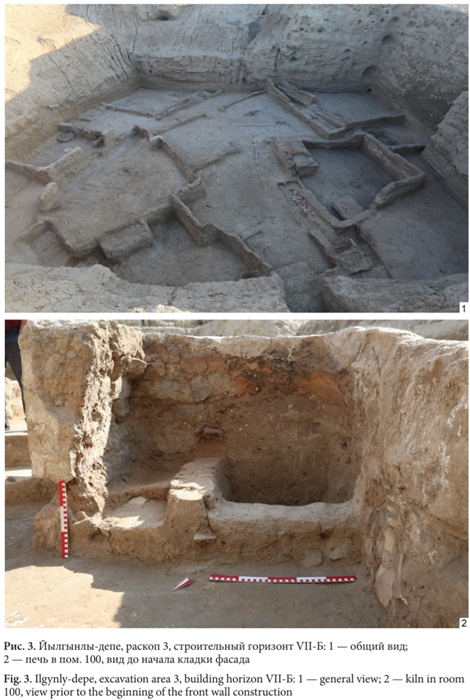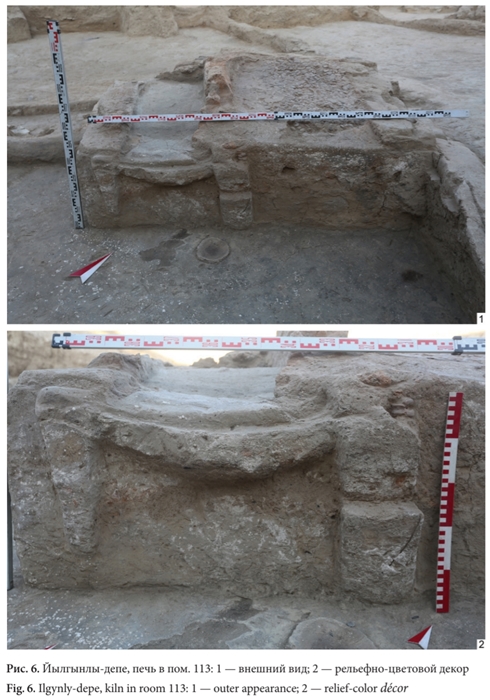After a four-year of pandemic-caused break, the Russian archaeological expedition exploring the settlement of Ilgynly-Depe in southern Turkmenistan has resumed its work, TASS reported, with reference to Natalia Solovyova, the expedition head and director of the Center for Rescue Archaeology at the Institute of the History of Material Culture of the Russian Academy of Sciences.
“We have now resumed excavations after a four-year break caused by the pandemic,” Solovyova said. “This site yields amazing results, because Ilgynly can be compared to Çatalhöyük, a unique Neolithic site in Turkey with a wealth of art, in terms of its inhabitants’ artistic perception of life. We have the same thing here.”
According to Solovyova, the wall painting found in Ilgynly has no analogues in the world.
In the new season, the expedition will work on a pottery stove discovered in 2019.
“We didn’t get to the bottom of the room with the stove, to the beginning,” Solovyova said. “Our task this year is to dismantle the foundation and the stove to see how it was built. We will also dismantle the house to see how and what it is made of and which rooms are adjacent to it.”
Ilgynly-Depe, a settlement supposedly founded in the early 5th millennium BC, is located 240 kilometers from Ashgabat in the Kopetdag foothills and covers an area of about 14 hectares. It is distinguished by buildings with unique interiors that were primarily used for rituals.
Ilgynly shrines are vivid examples of the architecture of the developed Eneolithic period.
Archaeologists from the Institute of the History of Material Culture have been excavating Ilgynly-Depe since 1987. The work is currently being carried out under an agreement with the National Directorate of Turkmenistan for the Protection, Study, and Restoration of Historical and Cultural Monuments.
///nCa, 18 October 2023 (Photo credit – Transactions of the Institute for the History of Material Culture, 2019, No. 20, “Early Eneolithic klins of Ilgynly depe”, N.F.Solovyova)

